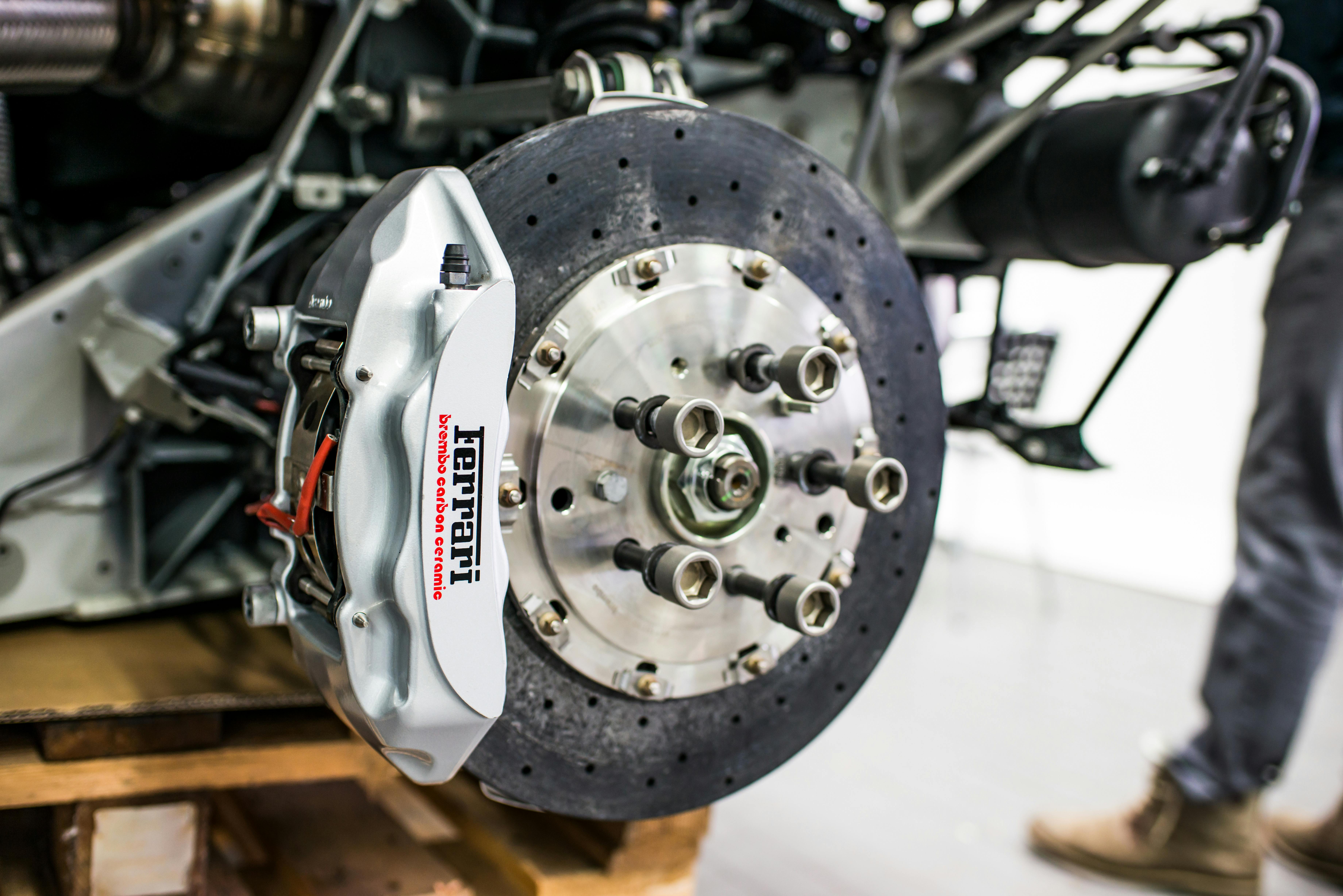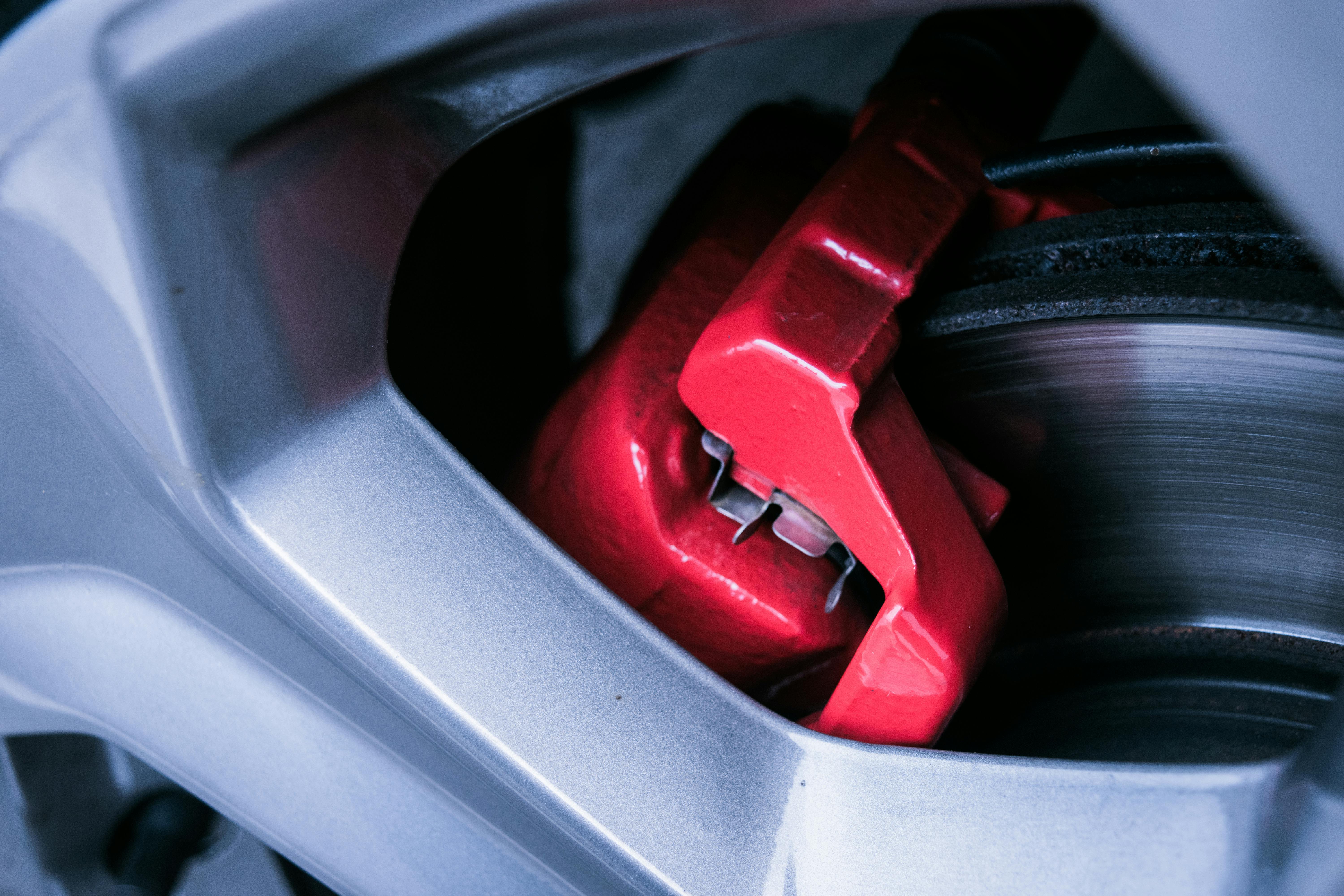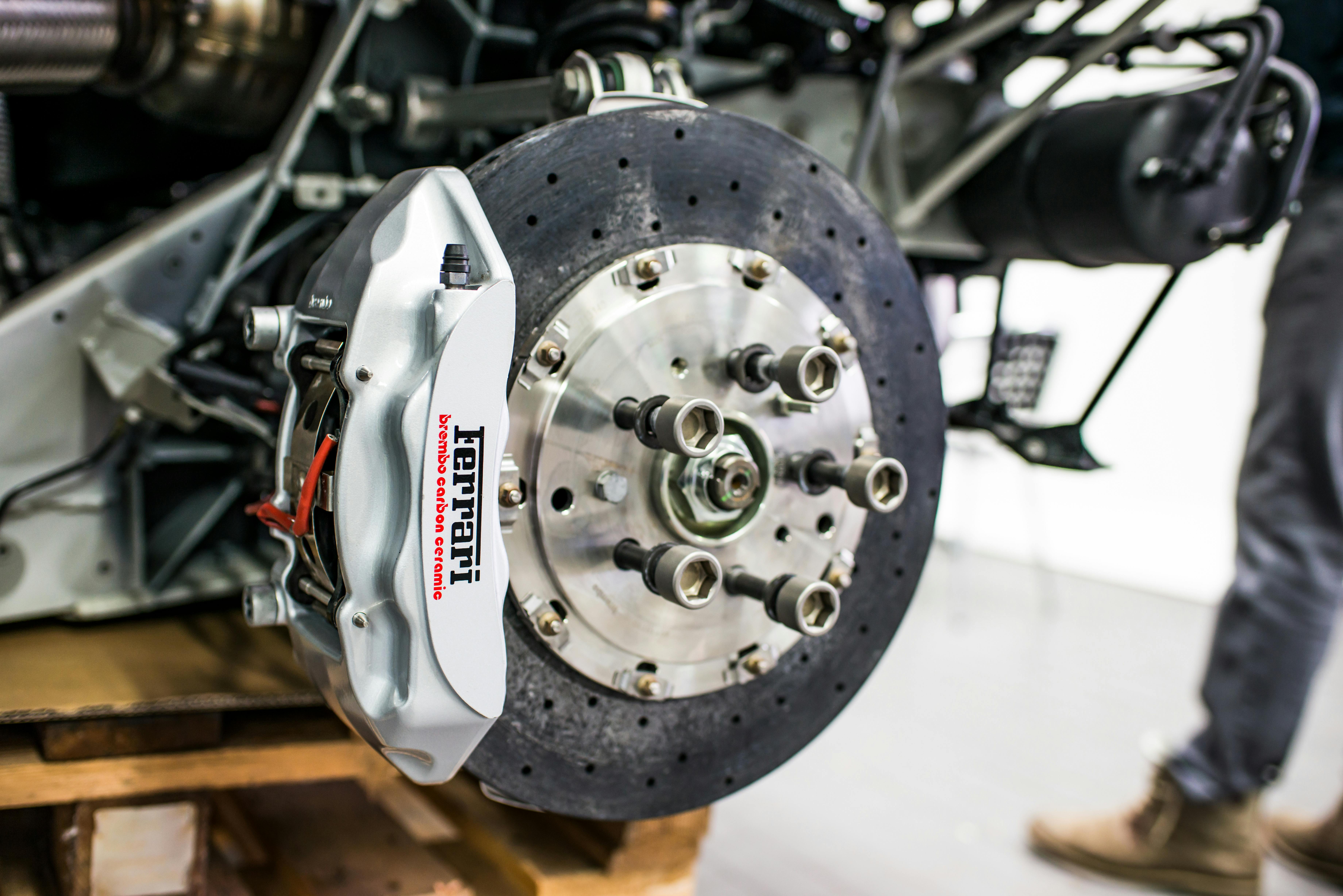Everything You Need to Know About Brake Maintenance

Maintaining your vehicle's brake system is crucial for both your safety and the longevity of your car. The braking system ensures you can stop or slow down your vehicle efficiently, preventing accidents and providing peace of mind. In this comprehensive guide, we’ll delve into the importance of brake maintenance, common warning signs of brake issues, and tips for keeping your brakes in top condition.
The Importance of Brake Maintenance
A well-maintained brake system is vital for several reasons:
Safety: Properly functioning brakes are essential for avoiding collisions. They allow you to stop or slow down as needed, especially in emergency situations.
Cost-Effectiveness: Regular brake maintenance can save you money in the long run by preventing more severe damage to the brake system and other related components.
Performance: Keeping your brakes in good condition ensures a smooth and responsive driving experience.
Key Components of the Brake System
Understanding the main components of your brake system can help you appreciate the importance of regular maintenance:
Brake Pads: These pads create friction against the brake rotors to slow down or stop the vehicle.
Brake Rotors: Rotors are metal discs that the brake pads squeeze to create the necessary friction for stopping the vehicle.
Brake Calipers: Calipers hold the brake pads and press them against the rotors.
Brake Fluid: This hydraulic fluid transfers the force from the brake pedal to the brake components

Common Signs Your Brakes Need Attention
Being aware of the warning signs of brake issues can prevent potential accidents and costly repairs:
Squeaking or Squealing Noises: High-pitched noises when braking often indicate worn brake pads.
Grinding Sounds: A grinding noise can mean the brake pads are completely worn out, causing damage to the rotors.
Vibration: If you feel a pulsation or vibration in the brake pedal, it may be due to warped rotors.
Brake Warning Light: A red or flashing brake light on your dashboard signals a problem with the brake system that needs immediate attention.
Soft Brake Pedal: If the brake pedal feels spongy or sinks to the floor, it could indicate air in the brake lines or a brake fluid leak.
Vehicle Pulls to One Side: This issue may occur if a brake caliper is stuck or there is uneven brake pad wear
Regular Brake Maintenance Tips
Regular brake maintenance is key to ensuring your vehicle stops safely and efficiently. Here are some essential tips:
1. Inspect Brake Pads and Rotors
Regularly check the thickness of your brake pads and the condition of the rotors. Most mechanics recommend replacing brake pads when they are about 3mm thick. Rotors should be inspected for warping, grooves, or cracks3.
2. Check Brake Fluid
Brake fluid plays a crucial role in the function of your braking system. Over time, brake fluid can absorb moisture, which reduces its effectiveness. It's important to check the brake fluid level and quality regularly. If the fluid appears dark or dirty, it’s time to replace it.
3. Listen for Unusual Noises
Be attentive to any unusual sounds when applying the brakes. Squeaking, squealing, or grinding noises can indicate that your brakes need servicing. Addressing these issues early can prevent further damage4.
4. Regular Professional Inspections
Experts recommend having your brakes professionally inspected at least once a year. A trained mechanic can identify potential problems before they become serious and ensure all components are in good working order.
5. Monitor Brake Performance
Pay attention to how your brakes feel when you're driving. If you notice any changes in responsiveness or if the brake pedal feels different, have your brakes checked immediately.
6. Maintain Brake Hardware
The hardware that supports your brake system—such as calipers, pins, and sliders—should be cleaned and lubricated regularly. This maintenance helps prevent rust and ensures your brakes operate smoothly
The Cost of Neglecting Brake Maintenance
Ignoring brake maintenance can lead to several costly and dangerous outcomes:
Increased Repair Costs: Neglected brakes can cause damage to other components, leading to more expensive repairs.
Reduced Stopping Power: Worn-out brakes can significantly reduce your vehicle's ability to stop quickly, increasing the risk of accidents.
Premature Tire Wear: Faulty brakes can cause uneven tire wear, leading to the need for premature tire replacement
Conclusion: Keep Your Brakes in Top Shape
Regular brake maintenance is essential for safe and efficient driving. By staying vigilant and addressing any issues promptly, you can ensure your brakes remain in excellent condition, providing you with confidence and peace of mind on the road.

Visit Applewood Performance Center
At Applewood Performance Center, our skilled technicians are dedicated to keeping your vehicle's brake system in top condition. Whether you need an inspection, routine maintenance, or repairs, we're here to help. Visit us today to schedule your brake service and keep your vehicle performing at its best.



